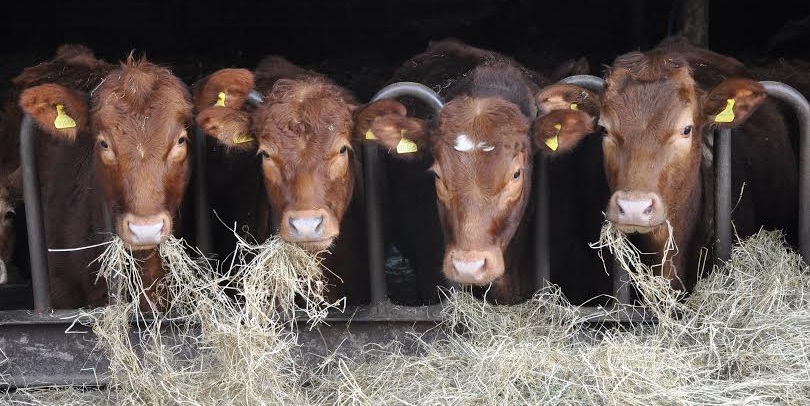
Following the recently published Chatham House report, which calls for a reduction in meat consumption, Ben Braou, joint business manager, Alltech E-CO2 highlights the opportunities for lowering greenhouse gas emissions in agriculture by increasing meat production efficiency.
“Taking opportunities to increase meat production efficiencies is a more achievable target in the quest for lower greenhouse gas emissions from agriculture, as opposed to converting the human population to vegetarianism,” said Braou.
By using the beef sector to support his argument, Braou points to significant variation in efficiency on units assessed through Alltech E-CO2 carbon footprint analysis. He says this breadth of variation shows great scope to develop systems that are more environmentally acceptable. Alltech E-CO2 has pioneered the use of on-farm environmental tools and assessments to provide opportunities to benchmark and improve on-farm efficiency, leading towards increased profitability and sustainability with a reduced carbon footprint.
“We have completed more than 1,000 beef farm assessments in the UK in the last five years and the range of efficiency – measured in grams of carbon dioxide equivalents per kilogram of liveweight – extends from approximately 1.5gCO2 e up to more than 30gCO2 e. This highlights that some beef units are 20 times more efficient. To put it in a different context, they can be 20 times more profitable, as efficiency and profitability are inextricably linked.
“There are many reasons for such variations, some of which are down to individual farm circumstances and may be unavoidable. However, through reviewing farm performance as part of our assessment process we know that factors such as fertility, feed efficiency and (in the case of suckler herds) age at first calving, have a significant impact on overall efficiency.
“Measuring carbon footprint is a very effective way to gauge farm efficiency and provides a focus for farms that want to improve efficiency. This has certainly been our experience on the farms we engage with, across all sectors and not only beef.”
